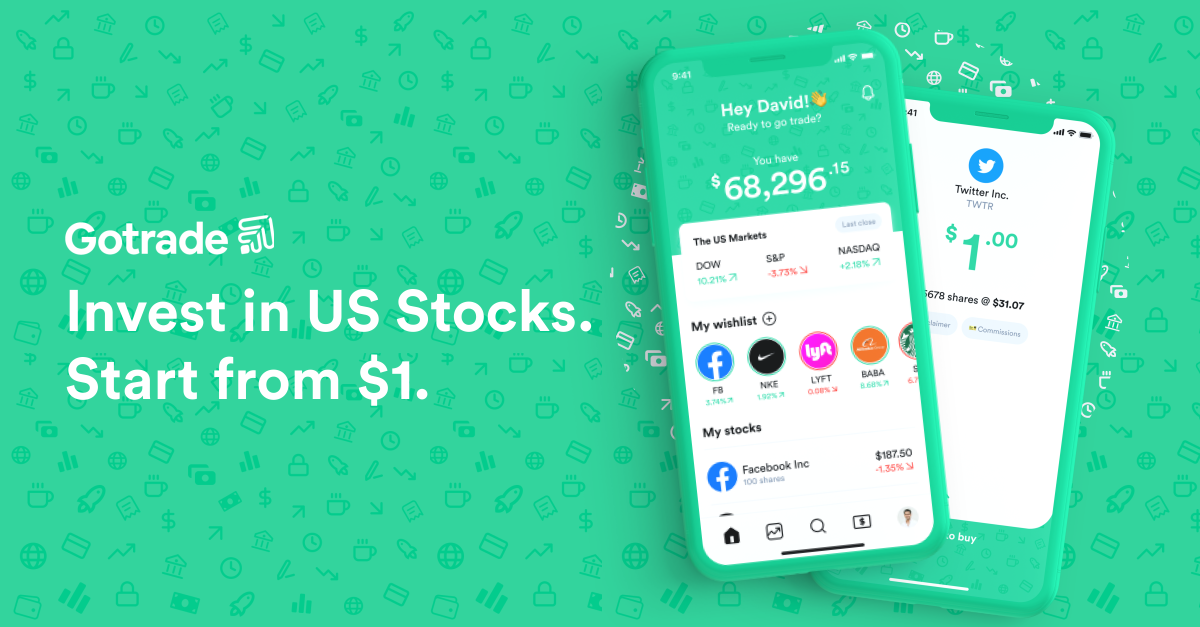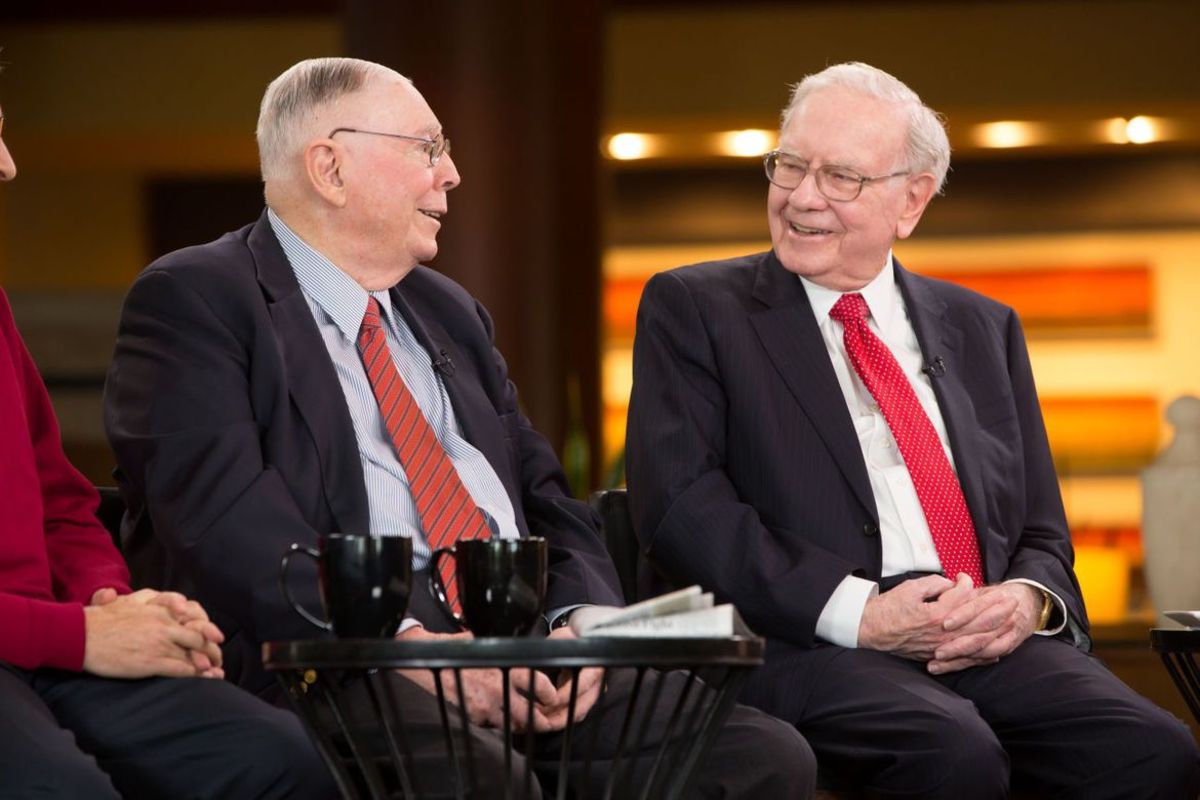Facebook Stock IPO Good Investment
Invest In Facebook Stock IPO?
Facebook recently generated some buzz in the investing world with news that it underwent a restructuring. Facebook stock was redone so that there are now two classes of Facebook stock. One class of Facebook shares has much more voting power than the other class of Facebook stock shares. This structure is similar in design to Google stock structure in which one class of Google shares has controlling voting rights interest while the publicly traded Google stock has almost no say in how the company is run.
The question is, if the company goes public with a Facebook IPO should investors buy Facebook stock, and are Facebook shares a good investment?

Invest In Facebook Stock
While Facebook has not gone public yet, there are indications that it intends to do so in the near future. This is not surprising considering that the company is riding high on a wave of publicity and that the number of users registered on Facebook continues to grow at very high rates. Ironically, however, the most compelling reason for Facebook to go public with an IPO soon is also the one that makes its shares a questionable investment.
Facebook loses money. It loses a lot of money. While the company has a ton of web traffic and therefore is in an enviable position, it has no revenue generating features in place except for displaying advertising. However, income generated by advertising doesn't cover the expenses of running such a complicated and resource intensive website, which is why the company continues to raise money through multiple rounds of venture capital investments and investment agreements with other companies.
In fact, the business model for a Facebook IPO seems eerily reminiscent of the business model of many technology stocks during the Internet Bubble of the late 1990s. An Internet company that has never generated a profit, but whose very nature as a high-trafficked web property means that enormous streams of future revenue are all but guaranteed, goes public without a concrete strategy for its future business and the public snaps up the shares hoping to triple or quadruple their investment in just months.
Supporters and company insiders, of course, dismiss such concerns out of hand noting that their enormous traffic base is coveted by such giants as Microsoft and Google. The catch is, that while those already very profitable companies can afford to wait and see how to make a profit from Facebook, or who can leverage the non-stop stream of visitors to increase the value of their other products and services, a stand alone Facebook has little hope of generating the necessary revenue to succeed on its own.
While the company does indeed has a huge user base, and that pool of users is indeed diverse, there is still no plan to monetize that userbase other than displaying Internet ads. Unfortunately, it may be that the Facebook audience is much less valuable than other when it comes to advertising.
Consider how many of Facebook's users do absolutely nothing on the website other than share pictures and updates with their family members. How many grandmas log onto Facebook daily for no reason other than to see if pictures of their grandkids have been posted by their children? These users not only never click on an ad, they don't pay any attention to them either, because they have never made an online purchase in their life, making their "eyeballs" worth less than on other websites.
Time will tell if Facebook can find a way to monetize its very fickle audience without driving them off to other services, or if Facebook is just a late entry to the never profitable Internet bust like pets.com.
In the end, it may be that Facebook's IPO serves no purpose other than to temporarily artificially inflate its value so that it can be acquired for a larger amount than is currently offered by major players like Google or Microsoft. The question is, will those companies bite for a larger price, or have publicly traded American companies learned the lessons of AOL and its disastrous Time Warner merger?








